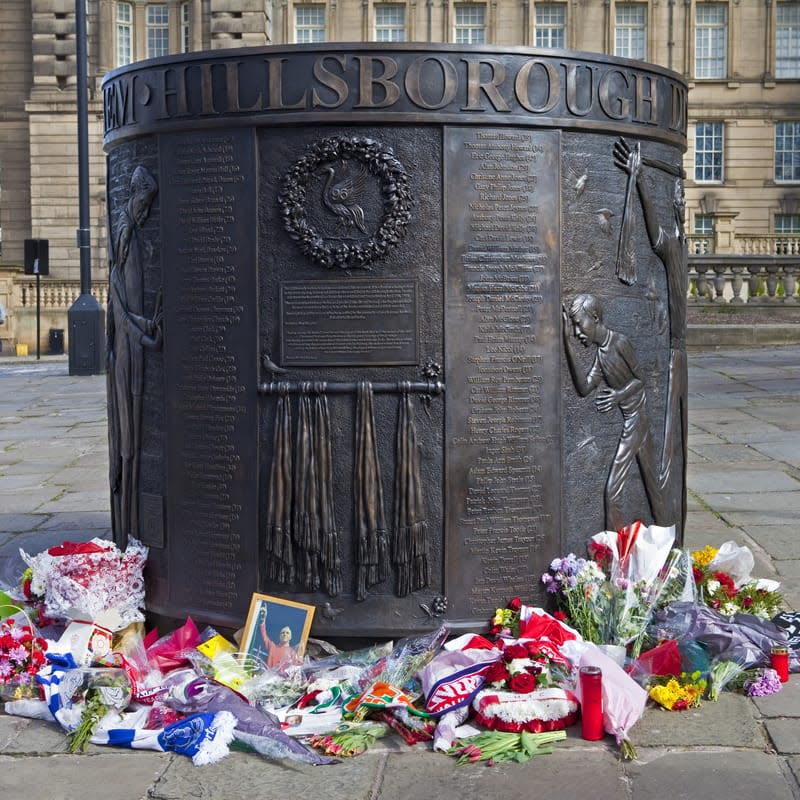
Deborah Glass, the Victorian Ombudsman since 2014, describes herself as an advocate for social justice and human rights. “It’s very important as an ombudsman to remain independent. But being independent doesn’t mean being neutral,” she says. “It all heads in the general direction of ensuring that all Victorians have a voice; that we work to redress that imbalance of power between the individual and the state.”
The first half of Glass’ 10-year term has seen her office release landmark reports into the reintegration and rehabilitation of prisoners, public transport fare evasion enforcement, and the lack of support provided to kinship carers. Most recently, her office criticised Fines Victoria for chasing debts incurred by dead people, and wrongly suspending licences.
Glass’ pursuit of fairness, which is evident in her work, also echoes throughout her life. Even her choice of Monash University as a school-leaver in the late 1970s was galvanised by socially progressive ideals. “I was drawn to its reputation for social justice. I’d come from quite a conservative school environment where it was all about cranking out the results, whereas an air of radicalism hung over Monash in those days,” says Glass, who in 1977 became an editor of Lot’s Wife in the final term of her first year studying arts and law. The corporate world beckoned only briefly after graduation. She spent four years in Switzerland working for an investment bank, then turned her focus to financial services regulation – first at the Hong Kong Securities and Futures Commission, then at the Investment Management Regulatory Organisation in London.
She made the boat-rocking decision to launch an independent investigation into police misconduct over the 1989 Hillsborough disaster that killed 96 football fans.

The early 2000s saw a shift to the oversight of law enforcement itself, with Glass joining the UK Police Complaints Authority before a decade in charge of the UK’s Independent Police Complaints Commission (IPCC). It was here in 2012 that she made the boat-rocking decision to launch an independent investigation into police misconduct over the 1989 Hillsborough disaster that killed 96 football fans.
Held 23 years after the event, the investigation wasn’t politically popular, but ended up redeeming the maligned reputation of the football fans and led to police officers being charged with criminal offences. A photograph in Glass’ office captures her being awarded an OBE by Queen Elizabeth II for services to the IPCC in 2012.
An independent office of the Victorian Parliament, the Ombudsman’s core mission is to help people resolve their complaints with state government departments and agencies, and investigate serious matters such as misconduct.
About 40,000 complaints received each year “boil down” to about 4500 formal inquiries.
Publishing muscle
The Ombudsman can compel evidence but can’t enforce its recommendations, “but I can publish, and there’s a very powerful persuasion that attaches to publication”, says Glass. She flags as a particularly satisfying victory the more than $4 million recouped by former residents of the collapsed Mentone Gardens aged care facility following her report into the government-regulated home.
Staying relevant is one of the biggest challenges of a job with a huge jurisdiction, says Glass. And on that front she’s succeeded admirably, expanding the public’s understanding of her role via regular talkback on ABC regional radio and establishing a communications team. (“There was no communications team when I came into the role. I was told the Ombudsman doesn’t communicate.”)
The landmark prisoner rehabilitation report – Glass describes it as “my first really big own-motion investigation” – grew out of a narrower brief about programs in prison and became about the system itself, particularly its capacity to tackle the root causes of offending and reduce recidivism. “It became a huge focus for me. How do we change the language, how do you change the causal links rather than building prisons?”
Glass’ Monash connection endures, with her office now taking university interns: “I’m a big believer in broadening students’ experiences,” she says, noting the impact that working at the Springvale Monash Legal Service had on her as an undergraduate.
A long-time supporter of the University, in 2014 she established the Pauline Glass Memorial Scholarship Fund in honour of her late mother, who completed a Master of Public Administration in middle age.
“She was passionate about education for women. In defining the parameters of the scholarship, I thought I would like it to go to a female student from an Aboriginal or refugee background, as my own family comes from a refugee background. I think she would have loved that.”





